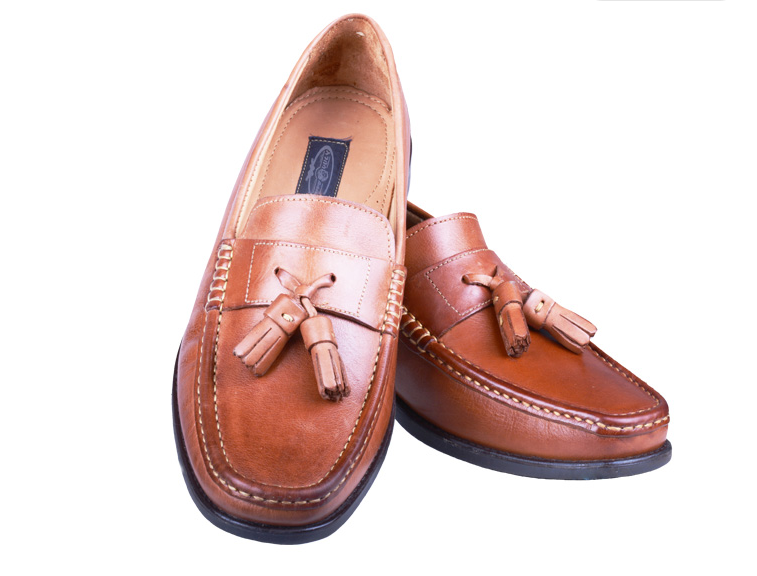Ethiopia is known for many things, it is home to some of the world’s best long-distance runners, a fast-growing economy and a vibrant textile industry. Talking about textile, Ethiopia’s leather industry has of late been attracting all manner of international and local shoe manufacturers who have turned the Made In Ethiopia brand into a global phenomenon.
As a small businessman or investor, you can be part of this game-changer by importing Ethiopian made leather shoes and retailing them for a profit. The main benefit of doing this is that cost of doing business is cheaper than say importing from Turkey, Italy or China.
And because Ethiopia is a member of COMESA you can expect to pay friendly custom duties when bringing your cargo into the country. That is of course in addition to the fact that it takes fewer days to receive your cargo because of geographical proximity. Here’s how to get started.
Know What You Want
A wise businessman is one who first identifies existing market needs prior to investing. Likewise, if you are planning to start importing leather shoes and accessories from Ethiopia, it is best to first identify what the local market is looking for. Are they looking for men official shoes, casual shoes, women or kids shoes?
Shop Widely and Wisely
You will have two options here. First option is to book a return flight to Addis Ababa for routine shopping and network building. Such a trip would cost you roughly about Ksh65,000 (Ksh50,000 for ticket, Ksh15,000 other expenses from Nairobi to Addis and back). On the other hand if you are operating on a tight budget you can choose to shop online. However, not all manufacturers and wholesalers are available online. Here are the few examples of names that you can engage with online.
*Ramsay Shoe Factory
*Anbessa Shoe Company
*Duka Leather
Other manufacturers and supplies that would require a physical visit are Huajian Shoe Factory, George Shoes, YED Wuha and Sole Rebels. Tip: Always request for sample of product first when ordering online.
Making An Order And Getting Your Stuff Home
After you have done thorough shopping and bargaining you can have the wholesaler pack and send your goods through any of the courier services linking Addis Ababa to your hometown. Here you can link up with DHL, Excel Cargo, Freight in Time Ltd, Salihiya Cargo or any other freight company for assistance.
Paying Customs
Once your goods are delivered at the airport or sea port, you will receive a call from the courier company advising you on the amount of taxes to pay. Luckily, because Ethiopia is a member of COMESA you will be saved from the worries of hefty duty. You will only collect your goods after clearing with the customs department after which you can go ahead and sell them to your target market.
Just How Profitable Is The Business Of Importing & Retailing Shoes From Ethiopia?
This business can be highly profitable if you have the numbers and if you price your shoes accordingly. One good thing is that Ethiopian shoes so far have a good reputation for being hand-made and comprising of pure animal leather. You can capitalize on this good name to charge a premium. It will cost you about Ksh1,500 to import a pair of shoes into the country, then you can sell this for Ksh3,500 and above. That is about Ksh1,500 in net profit per shoe after you deduct all other expenses.
So the secret here lies in sales. The more shoes you sell, the better the business gets. You can learn some handy sales tips on this blog we wrote sometime back. The challenge however is that because this is an open market, anybody can start this business and therefore competition may become stiff with time. But…competition is a must-have in any industry…the key is to build a firm clientele that will give you long-term business.
Remember, in addition to shoes you can also import wallets, belts and other fast moving goods that have a leather finishing.



















